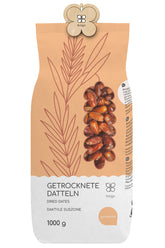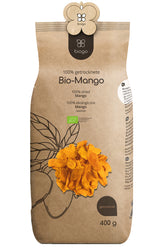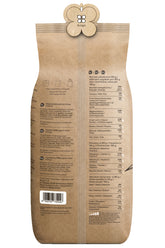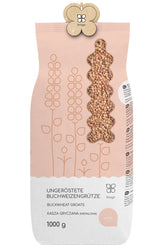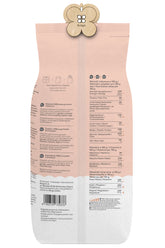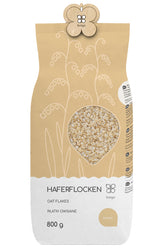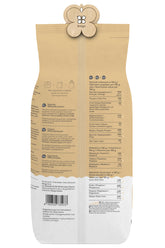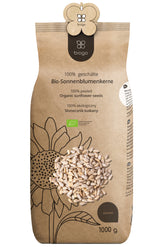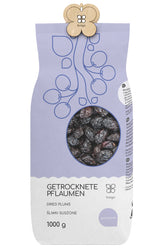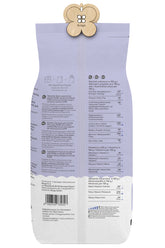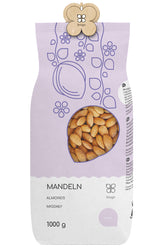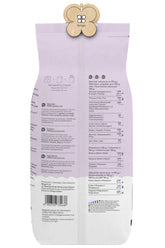In a time when our health awareness is constantly growing, so-called 'functional foods' are becoming increasingly important. But what exactly are functional foods and how can they help us lead a healthier and more balanced life? In this blog post, you'll learn more about it.
What are functional foods?
Functional foods are food products that have additional health-promoting properties beyond their basic nutritional value. They contain special ingredients that have been proven to have positive effects on our health.
These include, for example:
- Antioxidants such as vitamins, minerals, and phytochemicals
- Probiotics and prebiotics that support our gut flora
- Omega-3 fatty acids, which are important for cardiovascular health among other things
- Fiber that promotes digestion
By consuming such foods, we can specifically supply our bodies with important nutrients and support their natural defense and regeneration processes.
Why are functional foods so valuable?
In a time when many people suffer from stress, lack of exercise, and an unbalanced diet, functional foods can play an important role in strengthening our health. Here are some of the key reasons why you should include them in your diet:
1. Immune System Strengthening
Many functional foods contain valuable antioxidants that protect our cells from free radicals and thus support our immune system. This can be particularly beneficial during cold and flu seasons.
2. Gut Health Promotion
Probiotics and prebiotics in functional foods like yogurt, kefir, or fiber-rich products can positively influence our gut flora. This is important not just for digestion but also for our overall well-being.
3. Heart Health Improvement
Omega-3 fatty acids from fish or algae can lower cholesterol levels and reduce the risk of cardiovascular diseases. Fiber also plays an important role here.
4. Bone Strengthening
Calcium, vitamin D, and magnesium are important nutrients for our bones. They are found in many functional foods like dairy products, leafy greens, or nuts.
5. Brain Support
Certain omega-3 fatty acids, B vitamins, and antioxidants can enhance cognitive performance and concentration. This makes functional foods valuable for brain health too.
How can you integrate functional foods into your daily life?
To benefit from functional foods, you don't necessarily need to consume them as dietary supplements. Many of these valuable components are also found in natural foods:
- Fiber-rich whole grains, legumes, fruits, and vegetables provide important prebiotics.
- Yogurt, kefir, and fermented foods contain health-promoting probiotics.
- Fatty fish like salmon, herring, or mackerel are good sources of omega-3 fatty acids.
- Nuts, seeds, berries, and leafy greens score with valuable antioxidants.
By regularly incorporating such foods into your diet, you can gradually strengthen your health and improve your well-being. It's best to start today!
Conclusion
Functional foods are valuable allies for our health. They not only provide important nutrients but can also support our immune system, gut flora, cardiovascular health, and much more.
By consciously consuming such foods, we can holistically strengthen our bodies and lead an overall healthier life. So let yourself be inspired and incorporate more functional foods into your daily routine - your health will thank you!

